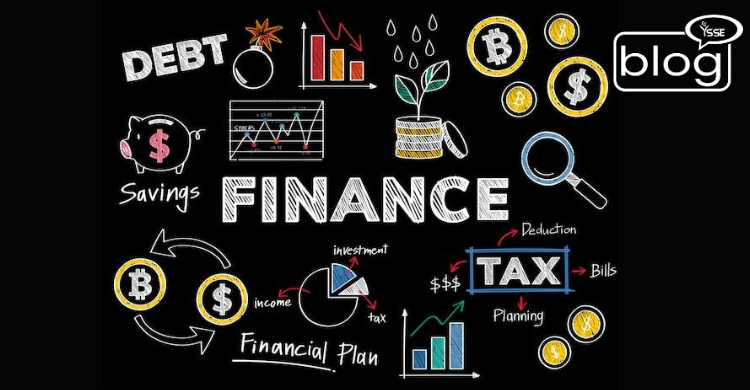As a young adult when you’re pushed into the real world and suddenly expected to manage everything on your own, money is the first thing that you struggle with. Financial literacy is a core skill that you need to practice throughout your life. Unfortunately, our curriculum lacks financial education as money talks are still considered taboo. Financial education prevents one from making poor decisions and drowning oneself in debt and enables one to make rational decisions.
Setting Personal Financial Goals
Every individual has different financial goals and they can vary depending on annual income, societal norms, culture, and so many other factors. No matter the income level or monetary ambition, every individual has some personal goals to achieve; hoping for a better future for themselves and their families.
- Future Financial state: Where do you want to see yourself financially five or ten years down the lane? An individual will take all his money actions like earning, saving, and investing while keeping his end goal in mind thus having a vision for the future help taking financial decisions.
- Income sources: your present income sources and the future ones to fulfill all your dreams should be planned beforehand. Everything you need to do to achieve the final destination financially is the most important part of personal goal setting.
- Retirement Plan: When do you plan to retire? What will be your financial sources of expenses when you retire? These are valuable questions to ask yourself to be able to make your retirement plan smooth and sound.
- Assets you want to build: Owning a house, your dream car or any other assets that you want to build to be financially solvent and powerful are part of your goals.
Budgeting and Spending
- Essential needs: Estimating monthly budget for essential needs only. Any luxury expenses that are out of affordability are out of the list. As there is a famous saying, ‘Cut your coat according to your clothes’, meaning you should only spend on things you can afford. Ideally, there will be excess income left for saving that can be 20% or 40 % of your total income.
- Avoiding Impulsive buying: Unnecessary expenses and overuse of credit cards can create a debt burden that is not pleasant for the future. Impulsive purchases should be under control as well to save and invest more.
Saving
- Savings Account: A certain percentage of your income should go into your savings account every month. You can have different accounts for your different goals. Let’s say someone with children can have one savings account for their children, and another savings account for their house project, and the same way for their post-retirement times.
- Emergency Fund: Having a backup for rainy days is really crucial in this economy as nothing is certain or permanent. Backup of six-month expenses ensures safety and financial security during any tough time ahead.
Investing
- Selecting Investment path: There are innumerable scopes of investments for example Mutual funds, Stock markets, ETFs, Bonds, Crypto, and many more. Investment always comes with a certain percentage of risks so the option you find safer, stable, and aligns with your belief is the way to go.
- Proper knowledge and detecting scammers: you must be up to date with the investment market, specially on the one you invest in. As newer rules and restrictions are imposed on these financial markets, you should be aware of them. Proper knowledge helps in awareness and keeps you safe from scammers. Strictly avoid paths that are illegal in your country for your own good.
Learning how money works, establishing and reaching financial objectives, recognizing unethical or discriminatory financial activities, and handling financial obstacles that life presents are all part of educating oneself on these subjects.
To read more vlogs, click Here.
Writer
Sayeda Jannatun Nahar
Intern, Content Writing Department
YSSE

